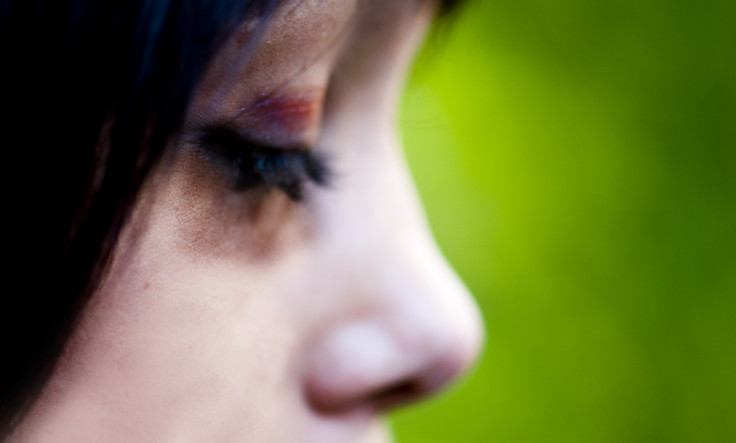Ched Evans trial is a masterclass in why women don't report rape
The court of public opinion had already tried the woman, decimated her name and found her guilty.

"That bitch who ruined Ched Evans career deserves to die." "F*cking lying money whore bitch, she should be thrown in prison the c*nt". "She was gagging for it the whore." "The f*cking horrible little slut that ruined Ched Evans life needs strung up." "The girl that has ruined Ched Evans career deserve a boot in the teeth." "If I was Ched Evans i would find that whore and actually rape her this time!!"
This is a tiny selection of the tens of thousands of tweets that had been written about the woman who made an allegation of rape against footballer Ched Evans within an hour of him receiving a not-guilty verdict. Together, they form a masterclass in the reasons women do not come forward to report rape.
What is particularly striking is how overwhelmingly similar the posts are to those that flooded social media during Evans's first trial, and – crucially – after he had been found guilty. The woman at the centre of the case was named online thousands of times in spite of her legal right to anonymity, forcing her to change her identity and move home over and over again. That was after a court had found Evans guilty of rape at the initial trial.
Regardless of this fresh verdict, the court of public opinion has already tried the woman, decimating her name and finding her guilty. Now the process is being repeated again. But those arguing it is a justifiable response to the not-guilty verdict should look closely at the calls for this woman to be raped, to be beaten, to be murdered, and at the near-identical abuse that surfaced when a court had previously declared Evans guilty.
This is not really about the verdict at all. It is about the public's attitude towards women and rape victims in general.
This is apparent in the large number of tweets suggesting that false allegations of rape "happen all the time", or, to put it in the words of one tweeter: "This confirms that 80% of rape 'victims' are just drunk sluts who regret being a whore on a night out."
In reality, the rate of false allegations for rape is extremely low, and similar to that for other crimes.
It is important to acknowledge that Ched Evans has been found not-guilty. But there is nothing to celebrate here.
Those spewing such vitriol would do well, before eviscerating this woman, to look at the details of the court case that led to this outcome. A case in which the prosecution raised concerns (denied by the defence) that financial inducement had been made for witnesses to testify against the woman. A case in which former sexual partners of the woman were allowed to give evidence about her sexual history, suggesting that her consensual sexual appetite had some relevant bearing on a completely unrelated allegation of rape.
In 2016, our justice system effectively allowed the defence to argue that as a woman who enjoyed sex, she must have been asking for it. They made this argument to a jury drawn from a general public, of whom more than a quarter believe drunk victims of rape are partially or fully to blame for what happens to them. What kind of justice is that?
In light of this response, and the social media treatment of the woman involved over the past several years – including after Evans was initially found guilty – how many survivors will feel able to put themselves through a rape trial? Already, the reporting rate stands at a pitiful 15%.
If you knew that lawyers could bring past sexual partners into court to shame you with your most private personal encounters, would you come forward? Can you even imagine having to answer such a question in a different type of trial? "But the robbery victim had once donated money to charity, your honour..."
It is important to acknowledge that Ched Evans has been found not-guilty. But there is nothing to celebrate here.
Laura Bates is the founder of the Everyday Sexism Project, which has collated over 80,000 women's stories of harassment and discrimination at work and in everyday life. She is also a prolific writer and the recipient of several awards. Follow Laura on Twitter here.
© Copyright IBTimes 2025. All rights reserved.






















